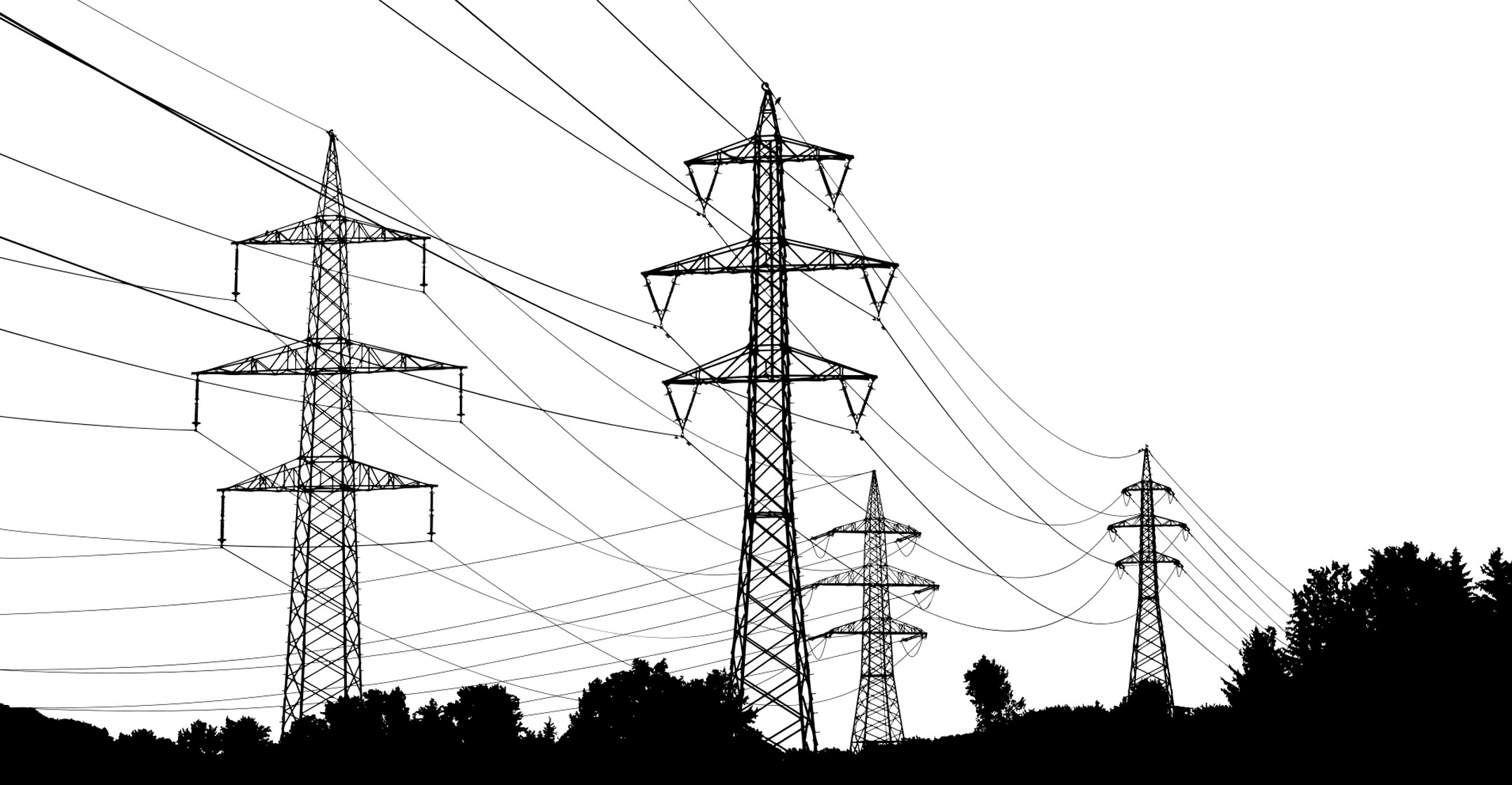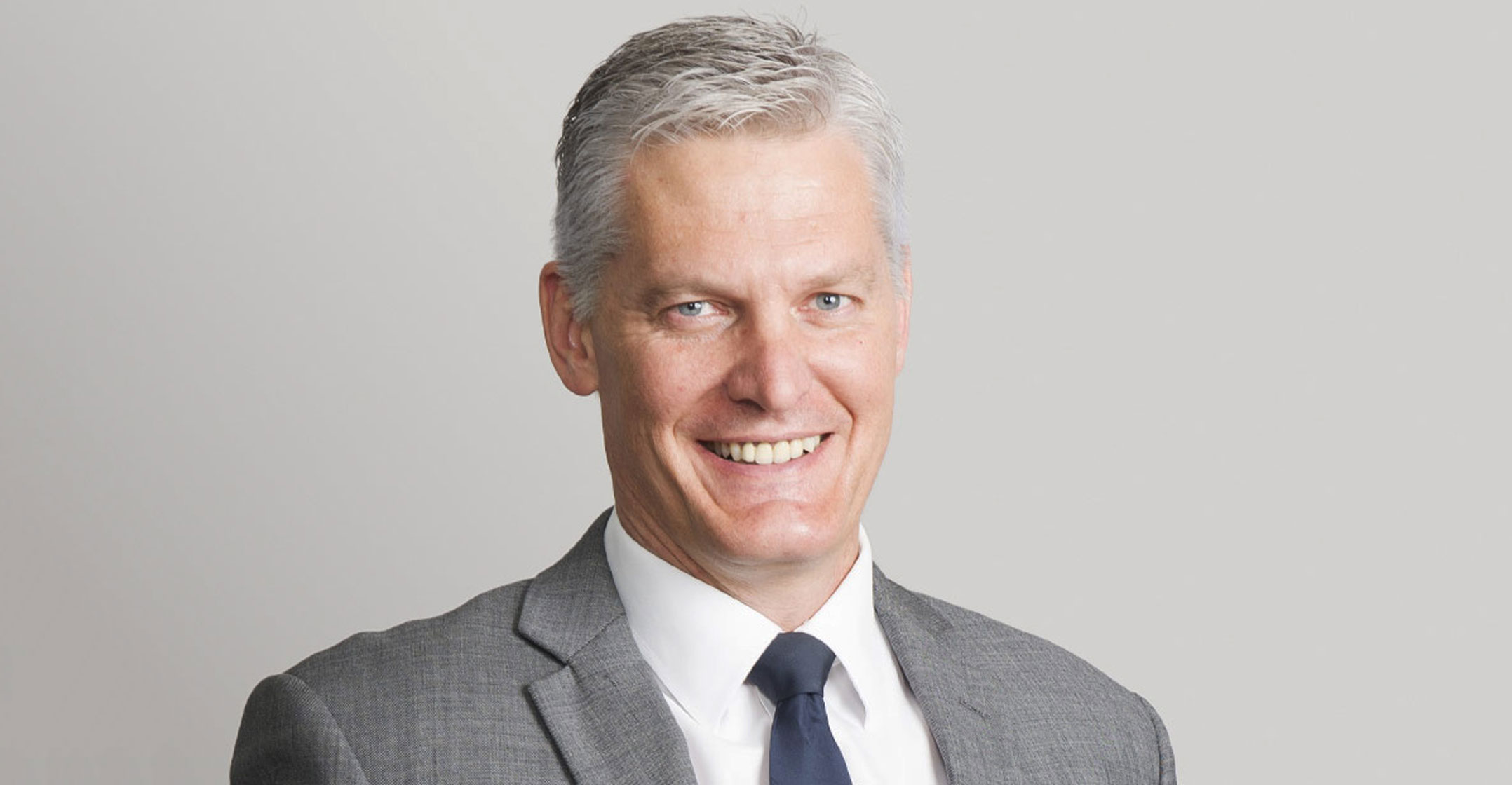 Eskom is expected to complete its unbundling into three divisions by December 2022, according to national treasury.
Eskom is expected to complete its unbundling into three divisions by December 2022, according to national treasury.
The separation of the transmission division is expected to be completed by December this year, while the separation of the generation and distribution divisions is expected to be completed by December 2022.
The government allocated Eskom R56-billion for 2020/2021, of which R6-billion of the equity allocations had been provided by 30 September 2020. The utility has been allocated a further R31.7-billion for 2021/2022 by the government.
The funds are meant to stabilise the utility while the government restructures it into three separate entities under Eskom Holdings.
The unbundling will be overseen by Eskom CEO André de Ruyter, along with the directors-general of national treasury, the department of mineral resources & energy, and the department of public enterprises.
The utility began implementing revised business models for each division and appointed divisional boards at the end of March last year. These boards are accountable for strategy, business performance and functional compliance.
Turnaround plan
The restructuring of Eskom is in line with its turnaround plan, which was approved by public enterprises in 2019. The beleaguered entity has, over the past decade, consistently relied on government support and borrowing to run its operations. The utility does not generate sufficient revenue to meet its commitments, which include high levels of debt and debt-service costs.
The poor performance of Eskom’s plants, which subsequently requires the utility to implement frequent power cuts, continues to constrain economic recovery.
This was shown in 2020 when Eskom implemented load shedding for 52 days despite there being reduced economic activity due to the lockdowns in response to Covid-19.

Although the government plans to bring in private partners for electricity generation to supplement power generated by Eskom, load shedding is expected to continue well in 2022.
Treasury says the Independent Power Producer (IPP) office within the mineral resources department is in the process of evaluating bids for 2GW of emergency power from IPPs to plug into the electricity supply shortfall.
Additionally, the department is expected to initiate a fifth bid window to buy 2.6GW of wind and solar power from renewable energy IPPs. Projects are expected to generate power from July 2022.
In the coming weeks, treasury says the government will initiate the procurement of 11.8GW of new electricity capacity from IPPs, including 6.8GW to be generated from renewable energy sources. The procurement of power from IPPs is expected to cost the government R200-billion and the total value of the signed agreements to procure renewable energy from private partners is expected to amount to R176.7-billion by March this year.
Eskom has once again been flagged by treasury as one of the state-owned enterprises that continues to pose significant risks to the fiscus in the form of contingent liabilities and frequently required guarantees or bailouts.
Failing SOEs
In 2020, the Land Bank defaulted on its debt and several other companies are at risk of default. Denel, South African Airways and Eskom remain reliant on government support.
By the end of this financial year, the total amount for approved guarantees is expected to increase by R96.2-billion to R581-billion, with Eskom constituting the largest exposure, at 77.2% of guarantees.
In some cases, such as Denel, the government support has not kept SOEs from further deterioration. The aerospace company recorded a loss of R2-billion in 2019/2020. The government provided the company with R3-billion last year, of which R1.8-billion was used to restart operations, repay some legacy creditors, and settle interest and bridging loans.
 “Unless funding challenges are resolved, the company will continue to find it difficult to meet financial obligations as they fall due,” treasury said.
“Unless funding challenges are resolved, the company will continue to find it difficult to meet financial obligations as they fall due,” treasury said.
The outbreak of the coronavirus has exacerbated the financial pressures on SOEs, which require new ways of implementing turnaround strategies to reduce their reliance on state support.
The pandemic has also affected Airports Company South Africa (Acsa), which has had to dust off its begging bowl as customer numbers between April 2020 and January this year dropped to 3.3 million passengers.
Although Acsa reported a net profit of R1.2-billion in 2019/2020, it has had to negotiate new loans with commercial banks and request financial support from its shareholders – including government, which purchased R2.3-billion in preference shares to support Acsa.
The pandemic also caused the already financially distressed SAA to stop operations and have its aircrafts placed under care and maintenance. The airline, which was placed under business rescue in December 2019, had been allocated R10.5-billion in October’s medium-term budget policy statement to go towards the fulfilment of its business rescue.
Equity partner
A further R4.3-billion and R1.8-billion will be allocated to SAA in 2021/2022 and 2022/2023 respectively to settle legacy state-guaranteed debt and associated interest costs. The airline is expected to complete its business rescue this year, after which a strategic equity partner will be brought in when it resumes operations.
To address the increase in applications for bailouts by SOEs such as Eskom, SAA and Denel, the government issued an instruction note in December last year outlining the minimum requirements for guarantee applications.
“Public entities and state-owned companies cannot apply for guarantees they cannot afford to repay,” treasury said.
“State-owned companies in financial distress will need to expedite the implementation of reforms, which include facilitating private sector participation, costing developmental mandates and streamlining operations to focus on core mandates.”
- This article was originally published by Moneyweb and is used here with permission

